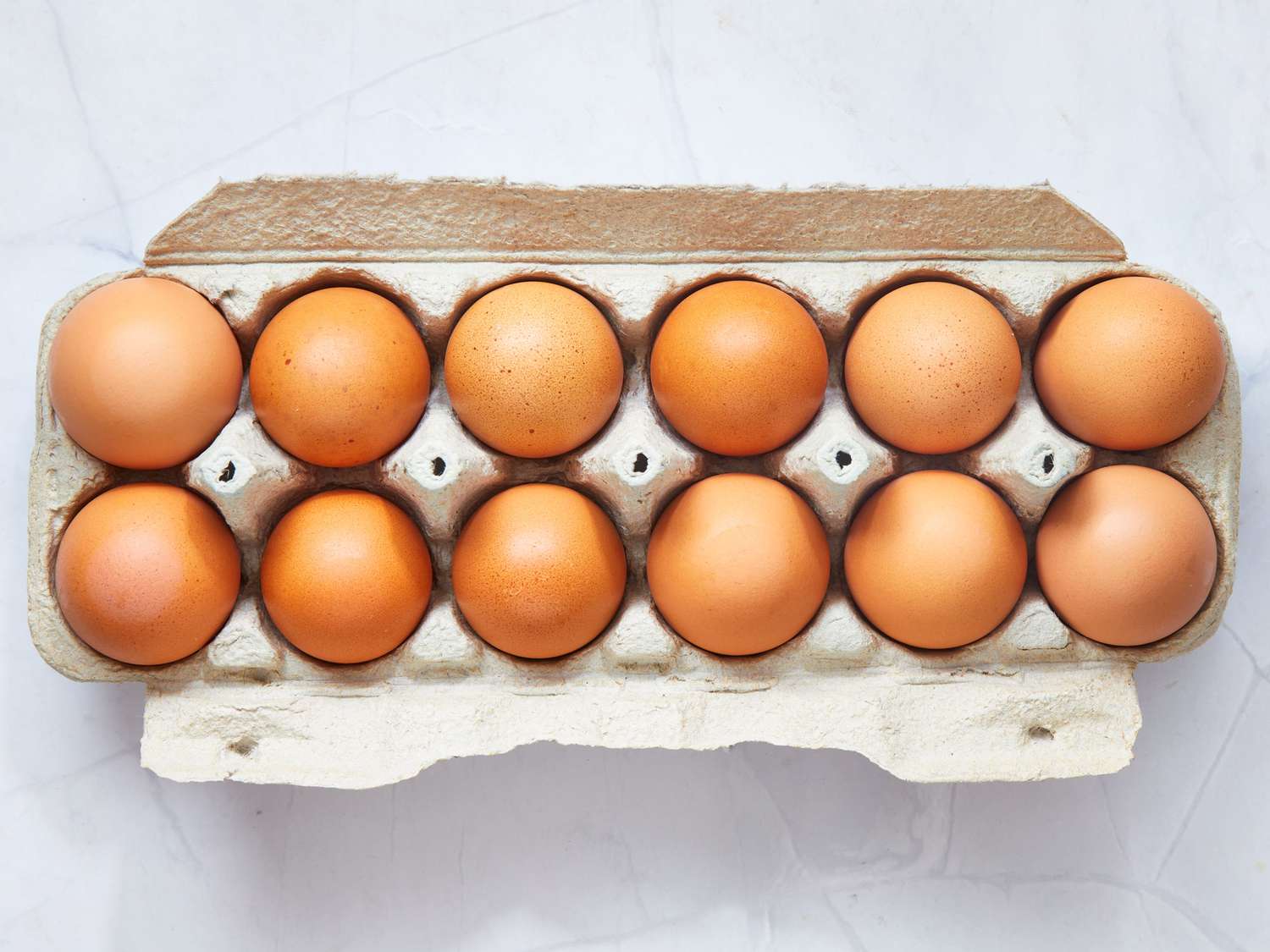

Articles
How To Store Egg
Modified: February 18, 2024
Discover the best way to store eggs with our informative articles. Learn how to keep eggs fresh and safe for longer periods of time.
(Many of the links in this article redirect to a specific reviewed product. Your purchase of these products through affiliate links helps to generate commission for Storables.com, at no extra cost. Learn more)
Introduction
Storing eggs properly is crucial to maintain their freshness and prevent any potential health risks. Whether you have fresh eggs from your backyard chickens or store-bought eggs, understanding the correct storage methods is essential. In this article, we will explore the necessary supplies, storage temperature, container choices, and tips to extend the shelf life of eggs.
Poor storage conditions can lead to the growth of harmful bacteria, such as Salmonella, and result in foodborne illnesses. Therefore, it’s vital to follow proper guidelines to ensure the safety and quality of the eggs you consume.
By storing your eggs correctly, you can retain their texture, taste, and nutritional value for longer periods, allowing you to enjoy them in various culinary applications.
Let’s delve into the details of storing eggs properly with this comprehensive guide.
Key Takeaways:
- Store eggs in the refrigerator at 35°F to 40°F to maintain freshness and safety. Use egg cartons, avoid temperature fluctuations, and perform the float test to check egg freshness.
- Handle eggs with care, store in original cartons, and use older eggs for baking. Follow proper storage guidelines to ensure egg freshness and safety.
Read more: How To Store Egg Salad
Necessary Supplies
Before you start storing eggs, it’s important to gather the necessary supplies to ensure proper storage and handling. Here are a few essential items you’ll need:
- Refrigerator: A refrigerator is the most common and convenient place to store eggs. It helps maintain a stable temperature and protects eggs from fluctuations that can impact their quality.
- Egg Cartons or Trays: To store eggs in the refrigerator, you’ll need egg cartons or trays. These containers provide a secure and cushioned environment for the eggs, preventing them from cracking and absorbing any unwanted odors or flavors.
- Clean Cloth or Paper Towels: Cleaning the eggs before storage is crucial to remove any dirt or contaminants. Use a clean cloth or paper towels to gently wipe off any visible dirt from the eggs’ shells.
- Permanent Marker: To keep track of the egg’s freshness, it’s helpful to label the cartons or trays with the date the eggs were laid. This allows you to easily identify the oldest eggs and prioritize their use.
- Storage Container: If you want to store eggs at room temperature, you’ll need a suitable storage container. Choose a container that provides adequate ventilation while protecting the eggs from direct sunlight and heat sources. A wire or mesh basket can work well for this purpose.
By ensuring you have these supplies on hand, you’ll be well-prepared to store your eggs properly and maximize their freshness and quality.
Storage Temperature
The temperature at which eggs are stored is critical to preserving their freshness and safety. Proper temperature control helps prevent bacterial growth and maintains the integrity of the egg’s structure. Here are the recommended storage temperatures for eggs:
- Refrigerator Storage: The ideal temperature for storing eggs in the refrigerator is between 35°F (1.7°C) and 40°F (4.4°C). However, it’s essential to note that the temperature in different areas of the refrigerator can vary, so it’s best to place the eggs in the main body of the refrigerator, away from the door or any temperature fluctuations caused by opening and closing the refrigerator frequently.
- Room Temperature Storage: In some cultures and culinary practices, eggs are stored at room temperature. If you choose to store eggs at room temperature, the temperature should be around 68°F (20°C). However, it’s important to be cautious as storing eggs at room temperature can accelerate the growth of bacteria and decrease their shelf life.
It’s important to maintain consistent temperature conditions during egg storage. Temperature fluctuations can cause condensation on the egg’s surface, which can lead to bacterial contamination and spoilage.
Additionally, once eggs have been refrigerated, it’s crucial to keep them refrigerated until they are consumed. Temperature changes can cause moisture to condense on the eggshell, creating an environment where bacteria can thrive.
By storing eggs at the appropriate temperature, you can ensure their safety and maintain their quality for a longer period.
Choosing the Right Container
Choosing the right container for storing eggs is essential to protect their delicate shells and maintain their freshness. Here are some factors to consider when selecting a container:
- Egg Cartons: Egg cartons are a popular choice for storing eggs in the refrigerator. They provide individual compartments for each egg, preventing them from knocking against each other and reducing the risk of cracking. Egg cartons also offer some insulation, shielding the eggs from temperature fluctuations in the refrigerator.
- Egg Trays: Similar to egg cartons, egg trays are designed specifically for egg storage. These trays often have a slightly different design, allowing easy access to your eggs. They can be made of plastic or cardboard, depending on your preference.
- Clean and Dry Containers: If you’re storing eggs at room temperature, choose containers that are clean, dry, and have adequate ventilation. Wire or mesh baskets work well for this purpose, as they provide air circulation and prevent moisture buildup.
When using containers, ensure that they are free from any lingering odors or flavors that may transfer to the eggs. Wash the containers thoroughly with mild soap and water, and allow them to dry completely before use.
It’s also important to note that storing eggs in their original packaging is another option. Most store-bought eggs come in cartons specifically designed for egg storage. These cartons offer protection and insulation for the eggs, making them a convenient choice.
Remember, whatever container you choose, make sure it’s clean and suitable for maintaining the quality and safety of your eggs.
Cleaning and Preparing the Eggs for Storage
Before storing eggs, it’s crucial to clean and prepare them properly to ensure their safety and extend their shelf life. Here are the steps to follow:
- Inspect the Eggs: Before cleaning the eggs, take a close look at each one to ensure it’s free from cracks or any signs of damage. Discard any eggs with cracks, as they are more prone to bacterial contamination.
- Gently Wipe the Eggs: If there are visible dirt or contaminants on the eggshells, use a clean and damp cloth or paper towel to gently wipe them off. Avoid using any cleaning agents or detergents, as they can penetrate the porous shell and affect the egg’s quality.
- Do Not Wash Freshly Laid Eggs: It’s important to note that freshly laid eggs have a natural protective coating called the “bloom” or “cuticle” that helps prevent bacteria from entering the egg. Washing these eggs can remove the protective coating, making them more susceptible to bacterial contamination. If the eggs are clean and free from any visible dirt, it’s best to skip the washing step.
- Only Wash Dirty Eggs: If some eggs are excessively dirty or soiled, you can gently rinse them under running water. Use water that is slightly warmer than the eggs to prevent the eggs from contracting and drawing any bacteria into the shell. Dry the washed eggs thoroughly with a clean towel.
Remember, it’s essential to handle the eggs with clean hands and avoid using any cracked or damaged eggs for storage. Once the eggs are clean and dry, they are ready for proper storage.
Proper cleaning and preparation of eggs help remove any external contaminants and ensure a longer shelf life for safe consumption.
Read more: How To Store Eggs For Camping
Storing Eggs in the Refrigerator
The refrigerator is a popular and convenient place to store eggs, as it helps maintain a consistent temperature and protects them from spoilage. Follow these steps to store eggs in the refrigerator:
- Choose the Right Spot: Find a spot in your refrigerator that maintains a temperature between 35°F (1.7°C) and 40°F (4.4°C). Avoid storing eggs in the refrigerator door as it is subject to temperature fluctuations due to frequent opening and closing.
- Use Egg Cartons or Trays: Place the eggs in the egg cartons or trays with the pointed end facing down. The cartons provide individual compartments for each egg, preventing them from knocking against each other and reducing the risk of cracking.
- Label and Date the Cartons: Use a permanent marker to label the cartons with the date the eggs were laid. This allows you to keep track of their freshness and prioritize their use based on the date.
- Avoid Odorous Foods: Keep the eggs away from foods with strong odors. Eggs can absorb odors from their surroundings, impacting their flavor and quality.
- Close the Lid: If your egg carton has a lid, close it to provide added protection and insulation for the eggs. If using trays, cover them with a clean kitchen towel or plastic wrap to prevent any unwanted odors or flavors from permeating the eggs.
- Avoid Cross-Contamination: Ensure that the eggs do not come into contact with raw meat, poultry, or seafood in the refrigerator. This prevents any potential cross-contamination and reduces the risk of foodborne illnesses.
Remember to maintain a consistent temperature inside the refrigerator and minimize temperature fluctuations by avoiding frequent opening and closing. Stored properly, eggs can maintain their freshness and quality for several weeks in the refrigerator.
Regularly check the eggs’ freshness by performing a simple freshness test, which we will cover later in this article.
Store eggs in their original carton in the coldest part of the refrigerator, not in the door. This helps maintain their freshness and prevents absorption of strong odors.
Storing Eggs at Room Temperature
While refrigeration is the preferred method for storing eggs, in some cultures and culinary practices, eggs are stored at room temperature. If you choose to store eggs at room temperature, follow these guidelines:
- Choose the Right Spot: Select a cool and dry location in your kitchen to store the eggs. Avoid places near heat sources or direct sunlight, as they can accelerate the egg’s deterioration.
- Use a Suitable Container: Place the eggs in a clean and dry container with adequate ventilation. A wire or mesh basket works well, allowing air to circulate and preventing moisture buildup. Avoid tightly sealed containers, as they can trap moisture and promote bacterial growth.
- Rotate the Eggs: To ensure even usage, rotate the eggs regularly. Place the fresh eggs at the back and the older eggs at the front, so you consume the oldest ones first.
- Manage Storage Time: Eggs stored at room temperature have a shorter shelf life compared to refrigerated eggs. It’s recommended to use them within one to two weeks. Discard any eggs that show signs of spoilage, such as strange odors, mold, or an off-color yolk.
- Keep Away from Odorous Foods: Avoid storing eggs near foods with strong odors, as they can absorb these odors. This can impact their flavor and quality.
- Perform the Freshness Test: Regularly check the freshness of the eggs by performing a simple test. We will discuss this test later in this article.
It’s important to note that storing eggs at room temperature increases the risk of bacterial growth and spoilage. Therefore, it’s crucial to follow proper storage guidelines and use them within the recommended timeframe.
If you live in a warmer climate or your kitchen tends to get hot, it’s safer to store your eggs in the refrigerator to maintain their freshness and safety.
Extending Egg Shelf Life
While eggs naturally have a limited shelf life, there are a few steps you can take to extend their freshness and maximize their usability. Here are some tips to help prolong the shelf life of eggs:
- Refrigeration: Storing eggs in the refrigerator is the most effective way to extend their shelf life. The cool temperature slows down the growth of bacteria and prolongs the freshness of the eggs.
- Keep Eggs in Their Cartons: To protect the eggs from moisture loss, it’s best to keep them in their original cartons rather than transferring them to different containers. The cartons provide insulation and prevent the eggs from absorbing any odors or flavors from their surroundings.
- Avoid Temperature Fluctuations: Minimize temperature fluctuations by keeping the refrigerator door closed as much as possible. Temperature fluctuations can cause condensation on the eggshells, promoting bacterial growth and spoilage.
- Don’t Wash Eggs Until Use: The protective bloom on the eggshell helps seal the pores and protect the egg from bacteria. Avoid washing the eggs until you are ready to use them to maintain their protective coating and minimize the risk of contamination.
- Store Eggs with Care: Handle eggs gently to avoid cracking or damaging the eggshell. Cracks in the shell can lead to bacterial contamination and spoilage.
- Monitor Egg Freshness: Regularly check the freshness of the eggs by performing a freshness test. This simple test involves placing the egg in a bowl of water and observing if it sinks or floats. Fresh eggs have a higher density and will sink to the bottom, while older eggs will float due to air pockets that develop as the egg ages.
- Use Older Eggs for Cooking: As eggs age, their quality and texture may deteriorate, making them less suitable for certain preparations like poaching or frying. Instead, reserve older eggs for baking, as the structural changes will have minimal impact on the final baked goods.
By following these tips, you can maximize the shelf life of your eggs and reduce the risk of foodborne illnesses.
Checking Egg Freshness
Checking the freshness of eggs is essential to ensure their quality and safety for consumption. Here is a simple test you can perform to determine the freshness of your eggs:
- The Float Test: Fill a bowl with water deep enough to completely submerge an egg.
- Gently place the egg into the bowl of water and observe its behavior.
- If the egg sinks to the bottom and lays flat on its side, it is very fresh and safe to consume.
- If the egg stands upright on the bottom but does not float, it is still fresh but not as fresh as a flat-laying egg. It is safe to consume but should be used soon.
- If the egg floats to the surface and does not touch the bottom of the bowl, it is no longer fresh and should be discarded.
The float test works because, as eggs age, air may seep through the tiny pores in the shell, creating an air pocket inside. The larger the air pocket, the older the egg.
Remember, this test should be conducted before using the eggs, especially for recipes that require fresh eggs as the primary ingredient, such as poaching or preparing sunny-side-up eggs.
It’s important to note that eggs can still be safe to consume even if they float. However, as an egg ages, its quality and texture may deteriorate, making it less desirable for certain cooking methods that require a fresher egg. If in doubt, it’s best to err on the side of caution and discard older eggs.
By regularly checking the freshness of your eggs, you can ensure their quality and safety for a delightful culinary experience.
Read more: How To Store Fertilized Eggs
Tips and Precautions
When it comes to storing eggs, following these tips and precautions will help ensure their freshness, safety, and quality:
- Handle Eggs with Care: Eggs have delicate shells, so handle them gently to avoid cracks or damage.
- Store Eggs in Their Original Cartons: Keeping eggs in their original cartons provides insulation and protection from moisture loss and odors.
- Avoid Storing Eggs in the Refrigerator Door: Temperature fluctuations are more common in the door of the refrigerator, so it’s best to store eggs in the main body of the refrigerator.
- Consume Eggs Before the Expiration Date: Pay attention to the expiration date on the carton and use the eggs before that date for optimal freshness and quality.
- Keep an Eye on Odor: If your eggs emit a foul or unpleasant odor, discard them immediately as it may indicate spoilage.
- Use Older Eggs for Baking: As eggs age, their structure changes, making them less suitable for certain fresh egg preparations. However, older eggs are still great for baking.
- Don’t Wash Eggs Unless Necessary: Washing eggs can remove their protective coating and increase the chance of contamination. Only wash eggs if they are visibly dirty.
- Store Eggs Away from Strong Odors: Eggs are porous and can absorb odors from strong-smelling foods, so keep them away from foods like onions, garlic, and fish.
- Rotate Eggs: If you have multiple cartons of eggs, rotate them to ensure you use the oldest eggs first.
- Keep Refrigerator Clean: Regularly clean your refrigerator to prevent the buildup of bacteria that can contaminate the eggs.
Following these tips will help you store eggs properly and enjoy their freshness and nutritional value for longer periods.
Additionally, always trust your senses and use your judgment when determining the freshness and safety of eggs. When in doubt, it’s best to discard an egg rather than risk consuming a spoiled or contaminated product.
Conclusion
Proper storage of eggs is essential for maintaining their freshness, safety, and quality. Whether you store them in the refrigerator or at room temperature, following the right steps can make a significant difference in preserving their flavor and nutritional value.
By gathering the necessary supplies, such as egg cartons or trays, and cleaning the eggs gently, you ensure a suitable environment for storage. Storing eggs in the refrigerator at a temperature between 35°F (1.7°C) and 40°F (4.4°C) helps maintain their freshness.
If you prefer to store eggs at room temperature, find a cool spot away from direct sunlight and heat sources. Remember to rotate the eggs regularly and use them within the recommended timeframe.
To extend the shelf life of eggs, minimize temperature fluctuations, avoid washing them until just before use, and store them in their original cartons. By performing the float test, you can check the freshness of eggs and decide whether they are still suitable for consumption or should be discarded.
Additionally, following a few simple tips, such as handling eggs with care, keeping them away from strong odors, and using older eggs for baking, can further enhance your egg storage experience.
Remember, the safety of eggs is of utmost importance. If you notice any strange odors, mold, or cracks, it’s best to discard the eggs to avoid any potential health risks.
By implementing these guidelines, you can store eggs effectively, optimize their shelf life, and enjoy fresh and delicious eggs in your favorite recipes.
Now that you have a comprehensive understanding of how to store eggs properly, you can confidently ensure their freshness and safety in your kitchen.
Frequently Asked Questions about How To Store Egg
Was this page helpful?
At Storables.com, we guarantee accurate and reliable information. Our content, validated by Expert Board Contributors, is crafted following stringent Editorial Policies. We're committed to providing you with well-researched, expert-backed insights for all your informational needs.
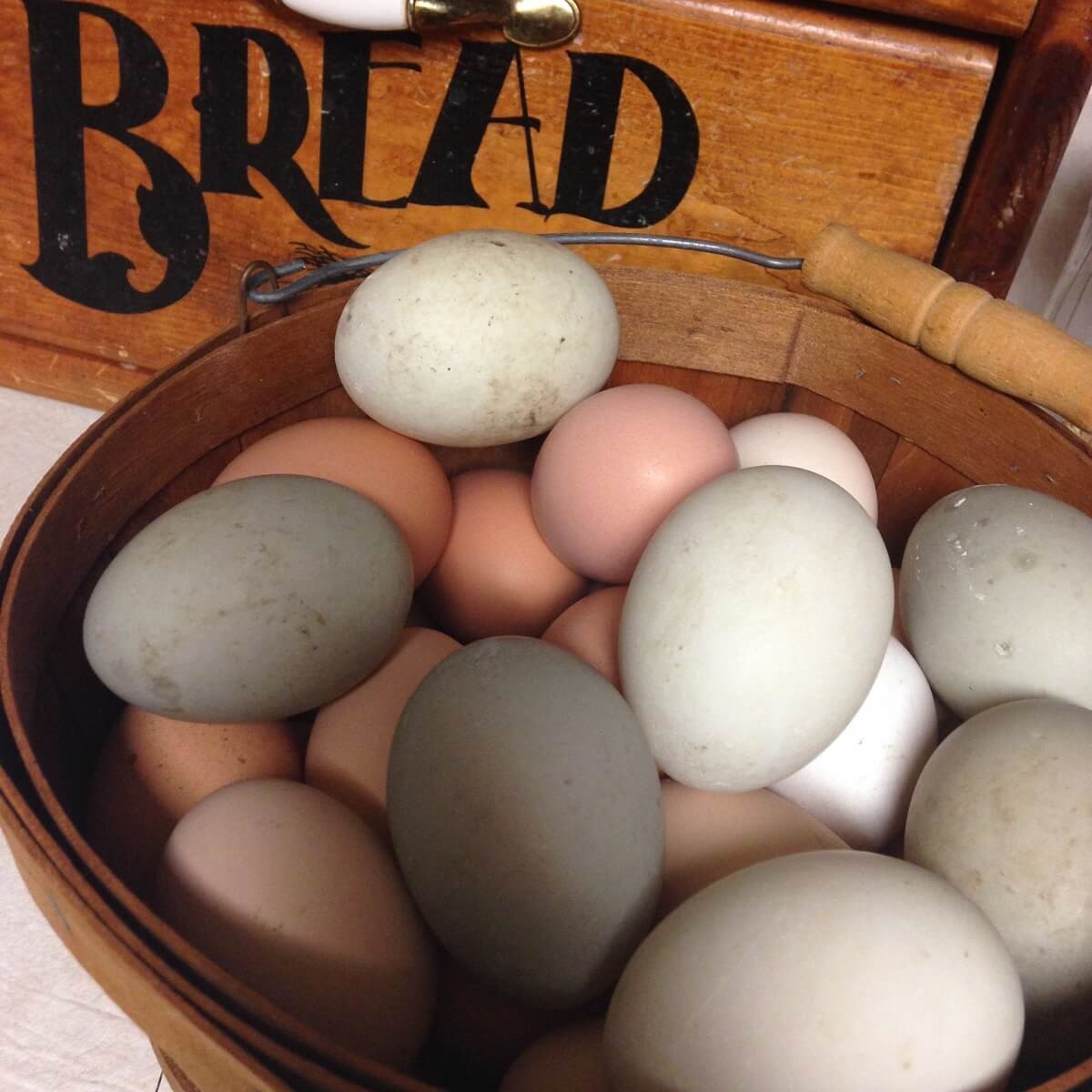



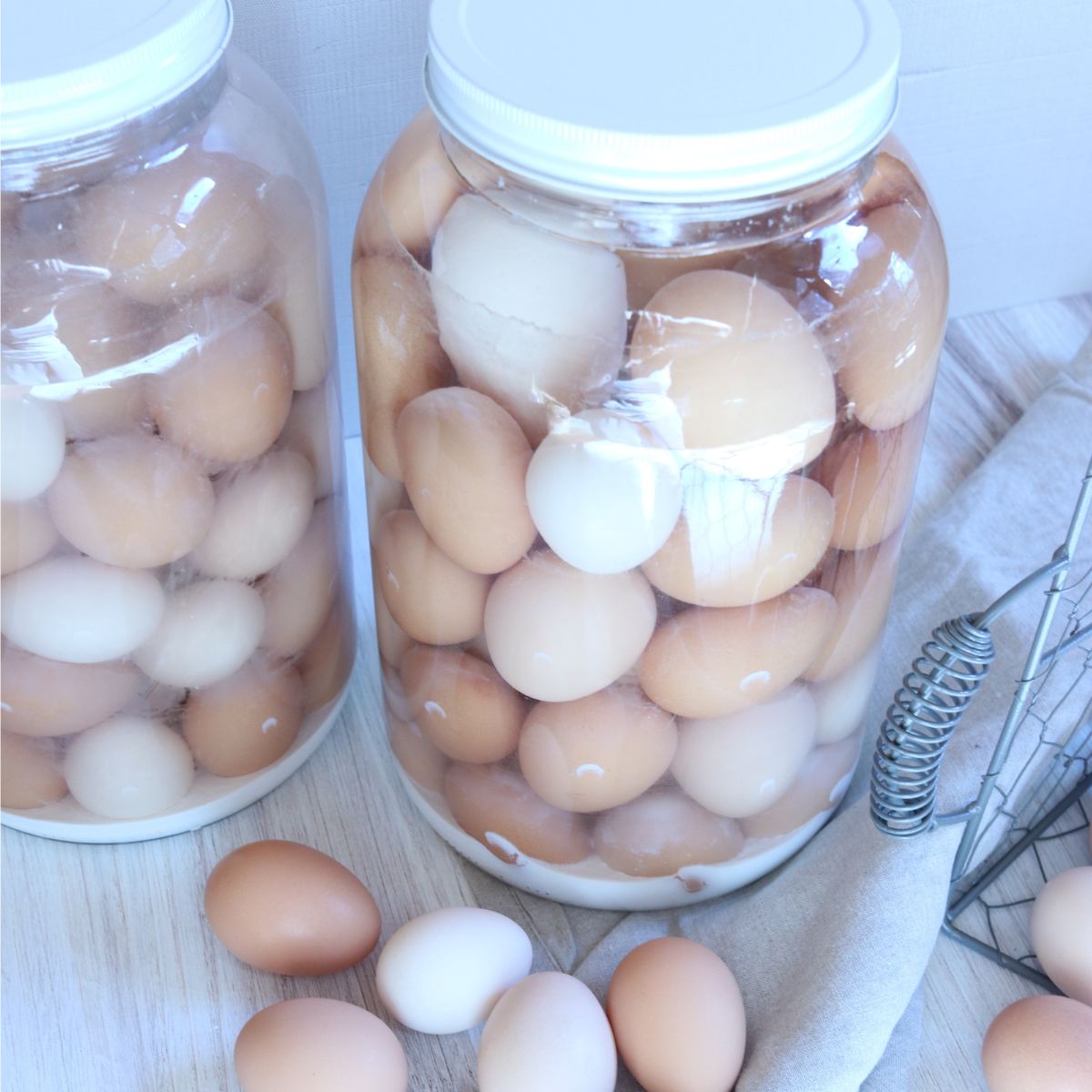

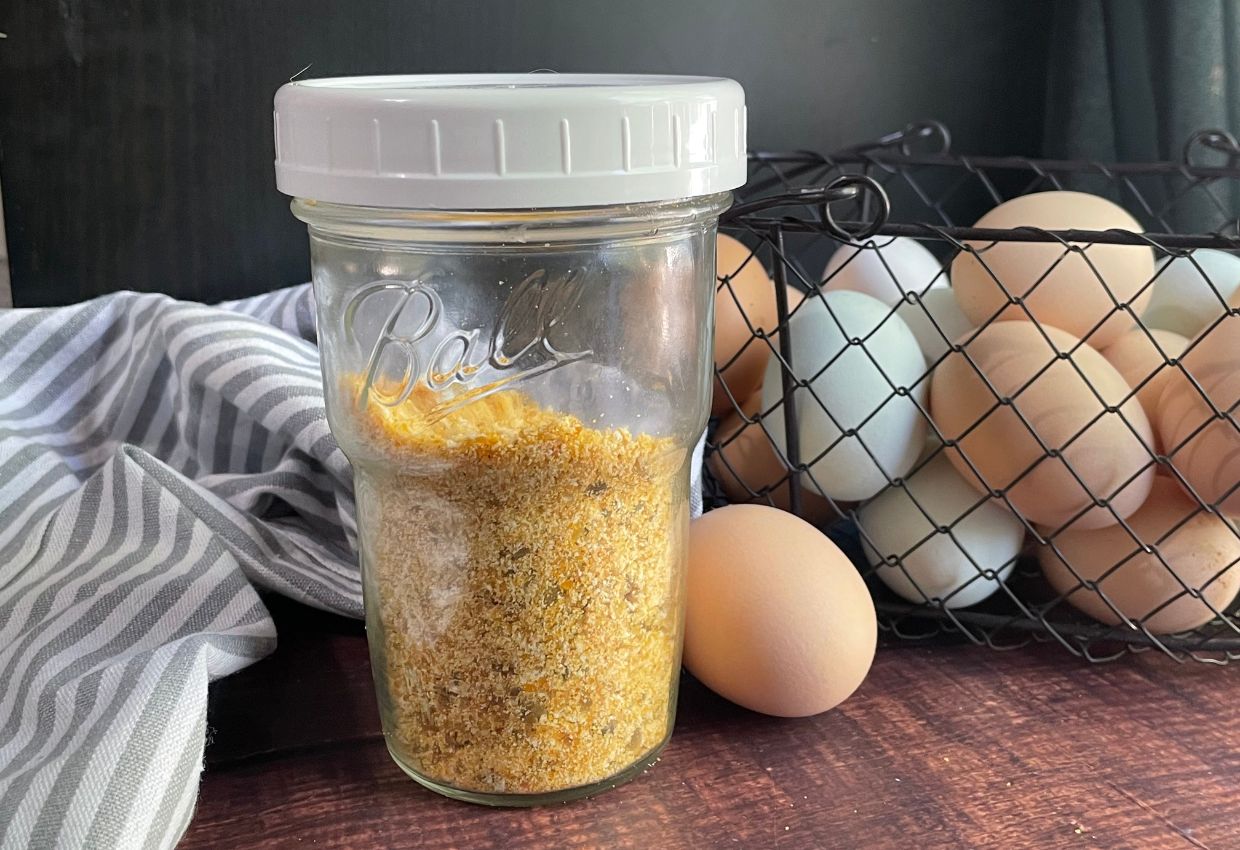

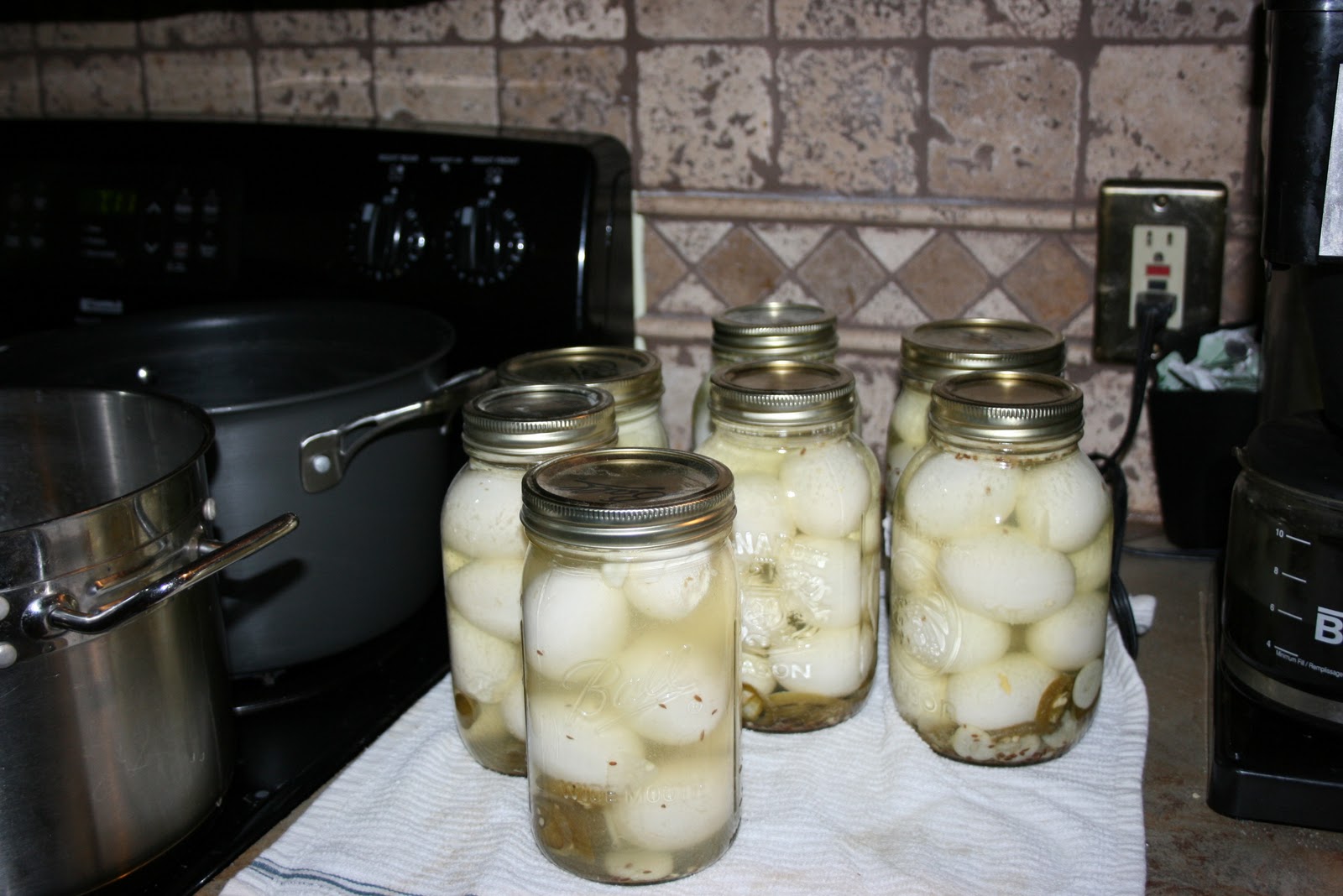

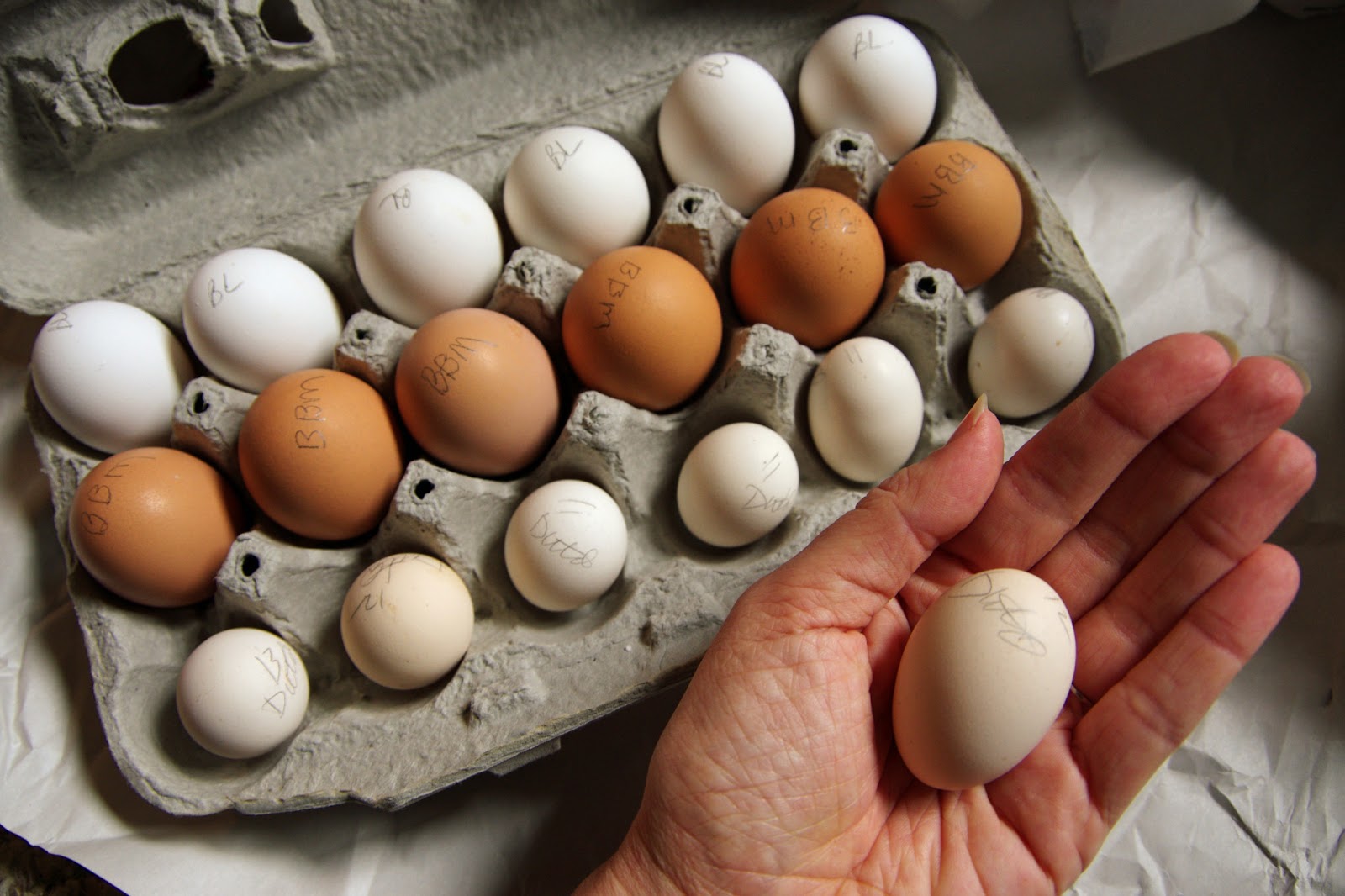



0 thoughts on “How To Store Egg”